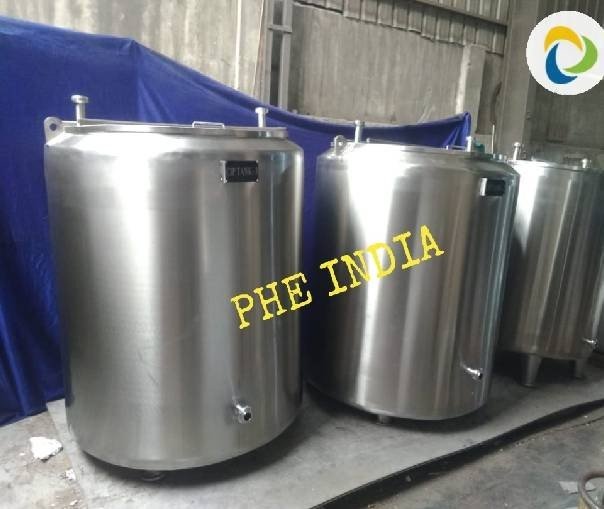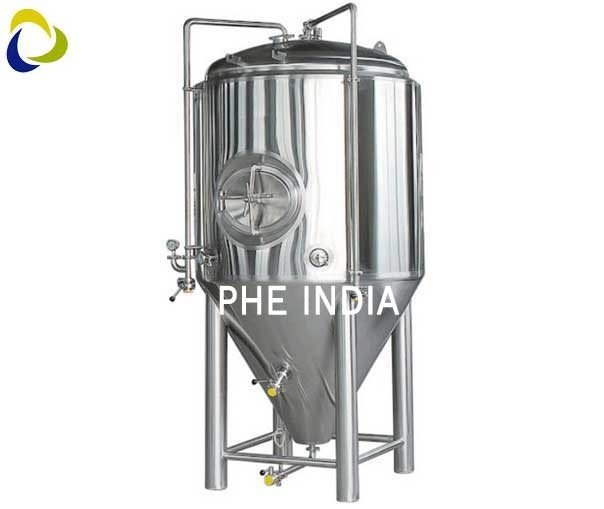views
Digital PCR (dPCR) and Real-time PCR (qPCR) are two powerful techniques that have revolutionized cancer research by enabling more precise and accurate detection of tumor biomarkers.
One of the key applications of Digital PCR and Real-time PCR (qPCR) and qPCR in cancer research is the detection of circulating tumor DNA (ctDNA), which is released into the bloodstream by cancer cells. These techniques can detect ctDNA even at very low levels, making them useful for early cancer detection, monitoring treatment response, and detecting minimal residual disease.
Another important application of dPCR and qPCR in cancer research is the analysis of gene expression profiles. By measuring the expression levels of specific genes, researchers can identify molecular subtypes of cancer, predict patient outcomes, and develop targeted therapies.
In addition, dPCR and qPCR are increasingly being used for the detection of mutations, chromosomal abnormalities, and gene fusions, which are all important drivers of cancer development and progression.
Overall, dPCR and qPCR have transformed cancer research by enabling more precise and sensitive detection of cancer biomarkers. These techniques are not only improving our understanding of cancer biology but also have the potential to revolutionize cancer diagnosis and treatment.












Comments
0 comment